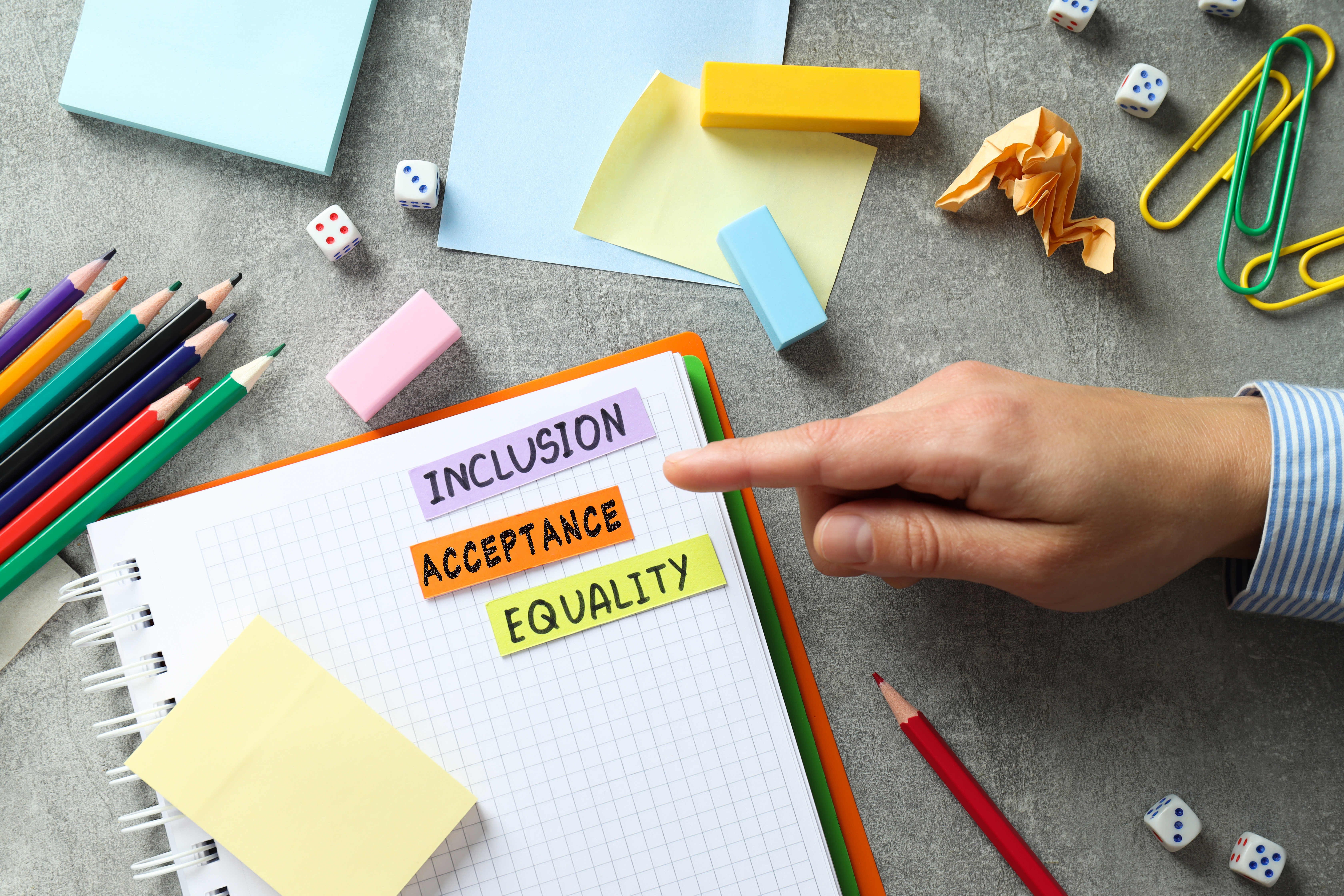Accepting Autism
April is autism month, an opportunity to celebrate, embrace inclusion and acceptance of autism. Autism is a neurological condition that affects how a person thinks, feels, interacts and experiences the world around them. The prevalence of autism in Australia has increased over the years where it is reported in 2018-19, there were 205,000 people living with autism in Australia. This was an increase of 25.1% since 2015. These statistics highlight the rise in numbers, and the need to move from not only awareness but more importantly acceptance of autism.
It is estimated that 1 in 100 Australians are living with autism. There has been greater awareness of autism in recent years, but true acceptance is still a challenge. Building awareness can help to support a general understanding of what autism is and how it presents, but can also perpetuate stereotypes that are not always true. We need to stop focusing on the deficits of autism and create a society that embraces neurodiversity by adapting to minimise their difficulties and highlight their skills and strengths.
Why is this so hard?
Acceptance pushes a person to face situations that may seem uncomfortable. In recognising and confronting this discomfort, it supports understanding how another person sees the world and how they engage in their environments.
Acceptance emphasises strengths shared and bridges the gap between what we know and what we are aware of; focusing on embracing differences. This includes accepting people for who they are, their likes, dislikes, interests, passions and how they interact. Through understanding, it provides perspective and supports inclusivity.
What can we do?
Creating change and celebrating diversity are now popular topics amongst society. Prominent autistic voices such as Chloe Hayden, are pushing for acceptance and inclusion. Chloe is a motivational speaker, actor, author, and influencer and starred as one of the world’s first autistic characters in the Netflix series, Heartbreak High. Her work, along with other high-profile autistic and neurodivergent people, continues to shine a light on autism and push the need for a better future and inclusion for the autistic community.
Microsoft, Ernst and Young, and ANZ have joined a host of large corporations to recruit specifically for people with autism, seeing the strength that they can bring to their companies. As programs like this increase, we will see more people with autism enter the workforce which in turn will raise the profile and acceptance.
Whilst advocates and companies are at the forefront of pushing for acceptance, it is still incumbent that we look to understand and support inclusion on a day-to-day basis.
Ways to show acceptance and inclusion in everyday life:
- The first step is education. Being familiar with autism and passing on knowledge. Seek to learn from the autistic community and understand more about autism, sharing learnings with people you know.
- Use language that is appropriate to the person. Ask the individual what they prefer.
- Look at the person’s strengths rather than challenges. Don’t focus on differences but embrace their uniqueness and abilities to support inclusion.
- Include books on disability and autism on your bookshelf. Expand the entertainment you watch to include stories about autism and disabilities. They can provide examples of how to be more inclusive.
- Support through advocacy. Advocate for your friends or people you know with autism. Spread the word!
The month of April provides an opportunity to explore acceptance around autism further. Something that should be done across the year.
References
https://autismsa.org.au/autism-diagnosis/what-is-autism/autism-history-prevalence/
https://www.healisautism.com/post/when-you-meet-one-person-with-autism
https://autisticadvocacy.org/2012/04/acceptance-vs-awareness/
https://www.alliesincaring.org/post/5-ways-to-show-autism-acceptance-and-inclusion-in-everyday-life
About the author
Lisa is the Clinical Excellence Lead for KEO Care’s paediatric division. She has experience working in a range of paediatric environments, including schools, clinics, and most recently the community. Lisa has a wealth of experience working with kids and teenagers on the autism spectrum, and she has stayed passionate about and interested in this field.
